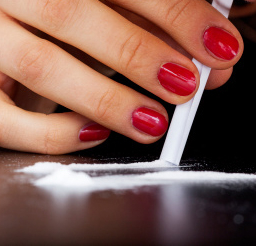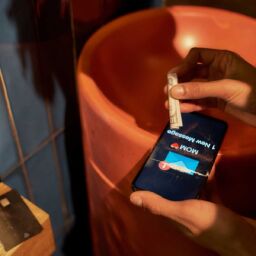Cocaine addiction continues to be a pressing issue across the globe. It is not only detrimental to the health of the individual, but it also strains relationships, disrupts work-life, and affects overall quality of life. Recognizing the signs of cocaine use and understanding its symptoms are the first steps in helping someone with cocaine addiction.
Signs of Cocaine Addiction
Cocaine addiction manifests itself through various physical, psychological, and behavioral cues. An individual might exhibit:
- Dilated pupils
- Frequent nosebleeds
- Changes in appetite and sleep patterns
- Euphoria
- Paranoia
- Hypersensitivity
- Restlessness
- Secretive behavior
- Financial instability
- Neglect of responsibilities
For instance, consider John, a once vibrant and outgoing individual. Lately, his family noticed changes in his behavior—he started isolating himself, his work performance declined, and he was always short of money. These were clear signs that something was not right, which eventually led to the discovery of his cocaine addiction.
Long-Term Symptoms of Cocaine Use
Understanding the symptoms of cocaine use is equally important. The most common symptoms include increased energy, decreased appetite, rapid speech, excitement, and overconfidence. Long-term use can lead to severe health issues such as
- Heart disease
- Stroke
- Gastrointestinal complications
- Mental health problems like anxiety and depression
These issues are reasons to find a cocaine addiction treatment program that addresses all aspects of addiction—physical, mental, and emotional.
How to Help Someone with A Cocaine Addiction
If you suspect someone close to you has a cocaine addiction, it is crucial to take action. Here are some ways you can help:
- Educate yourself about cocaine addiction
- Approach them with empathy and understanding
- Offer support and encouragement to seek help
- Help them find a reputable addiction treatment program
- Be patient and understanding throughout their journey to recovery
It is important to remember that addiction is a disease, and it requires a professional cocaine addiction treatment program. Helping someone with cocaine addiction can be challenging, but with support and proper treatment, recovery is possible.
Cocaine Abuse Signs
Cocaine abuse is when the use of the substance becomes recurrent and begins to negatively affect the individual’s life. This is different from casual use, as it often involves higher doses and frequency. Signs of cocaine abuse include intense cravings for the drug, inability to stop or reduce usage, continued use despite awareness of physical or psychological harm, and withdrawal symptoms when not using the drug.
Helping Someone with Cocaine Addiction
When you suspect a loved one is battling cocaine addiction, it is essential to approach the situation with understanding and empathy. Here’s how you can help:
- Educate yourself – Learn as much as possible about cocaine addiction – its causes, effects, and treatment options.
- Communicate openly – Have an open and honest conversation with your loved one about their addiction. Let them know you’re there to support them.
- Encourage professional help – Encourage them to seek professional help. This could be therapists, counselors, or substance abuse treatment centers.
- Provide ongoing support – Be there for them throughout their recovery journey. Celebrate their small victories and encourage them when they face setbacks.
Addiction doesn’t have to be a lifelong struggle. With the right support and treatment, recovery is possible.
Find Professional Help Now
Recognizing the signs of cocaine addiction, understanding its symptoms, and knowing how to help someone with cocaine addiction is crucial in supporting a loved one toward the path of recovery. It is a challenging journey, but with love, support, and professional help, recovery is possible. Spread awareness about the detrimental effects of cocaine addiction and contribute to a healthier, drug-free society.







